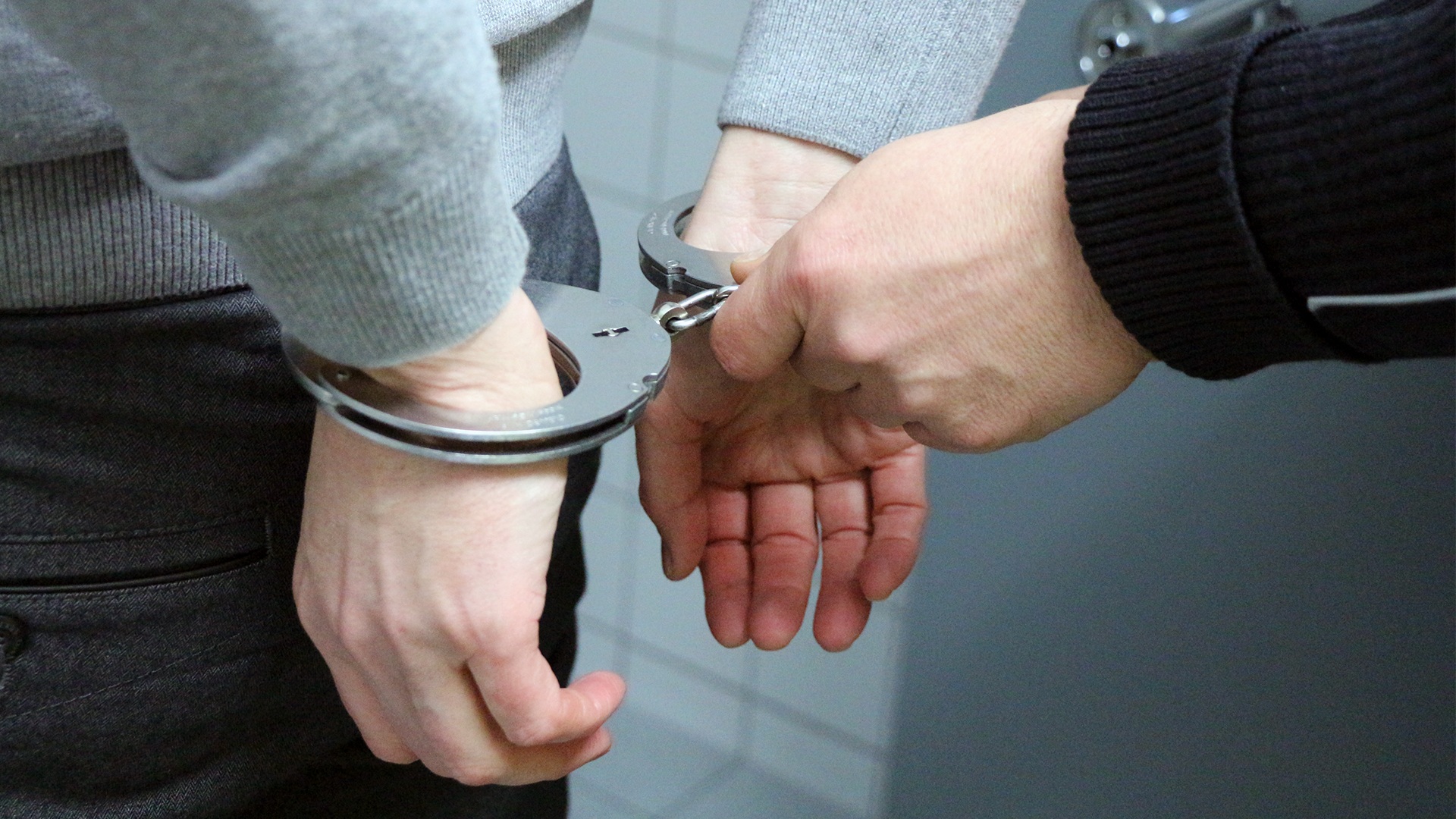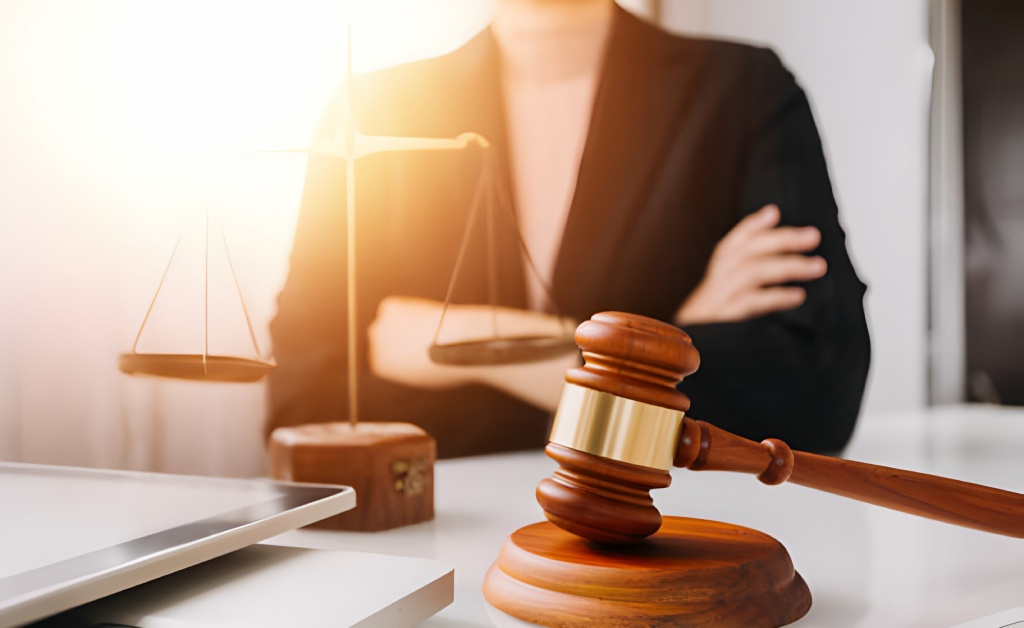Exploring Support Groups for Personal Injury Survivors in Texas: A Comprehensive Guide

When dealing with personal injury, one can find solace and strength in joining a support group. These groups serve as a comforting environment where survivors can connect with others who have experienced similar circumstances and provide emotional assistance throughout the healing process. In Texas, several resources are available to help individuals find suitable support groups tailored to the needs of personal injury survivors.
Support groups play a vital role for survivors of personal injury as they address various aspects of recovery, such as emotional and psychological well-being, providing a sense of camaraderie and understanding in coping with their experiences. Texas houses numerous organizations and resources aimed at helping individuals navigate their recovery journey. For those seeking legal assistance, experienced personal injury attorneys can offer valuable guidance and support.
Within Texas communities, one can find a host of support groups dedicated to assisting personal injury survivors in their healing process. The availability of these networks allows for continued care, fostering resilience and understanding that are essential for recovery. By connecting with others who share similar experiences, survivors in Texas are provided a robust support system to aid in their journey toward healing and regaining normalcy in their lives.
Support Group Resources in Texas
Statewide Support Organizations
In Texas, there are several statewide organizations dedicated to providing resources and support for personal injury survivors, including those dealing with acquired brain injuries. The Brain Injury Association of Texas and the Texas Brain Injury Alliance are both excellent resources for survivors and their families, offering information on a variety of services within the state. The Office of Acquired Brain Injury, part of Texas Health and Human Services, assists individuals in finding support groups and provides online community resources.
Local Support Groups by City
Many cities in Texas have local support groups tailored to the needs of personal injury survivors:
- Austin: The Austin Brain Injury Support Group meets monthly, providing a forum for survivors and caregivers.
- Dallas: The Dallas Brain Injury Support Group is held at Ethicus Hospital, giving survivors and caregivers a space to share their experiences.
- El Paso: The El Paso Brain Injury Support Group meets regularly, offering a safe environment for survivors, loved ones, and caregivers to connect and receive support.
- Plano: The Plano Head Injury Support Group focuses on helping survivors and their families navigate the challenges they may face.
- Houston: In addition to a local in-person support group, there is a Houston Online Support Group for brain injury survivors and caregivers, encouraging discussions and information sharing.
- San Antonio: The San Antonio Brain Injury Support Group provides both a peer support group and a separate group for caregivers.
- Fort Worth, Amarillo, and Lubbock: These cities also have support groups that can be found through local hospitals and rehabilitation centers.
Online Support Platforms
For those who may not be able to attend in-person support group meetings, there are several online platforms available to help personal injury survivors connect with others who share similar experiences. The Texas Health and Human Services website offers resources for online communities and virtual meetings, including a list of online support groups that focus specifically on brain injuries. The previously mentioned Houston Online Support Group is an excellent example of a virtual community providing resources and connections for survivors in Texas.
Guidance on Navigating Personal Recovery
Rehabilitation and Treatment
Rehabilitation and treatment play a crucial role in the recovery process for personal injury survivors, particularly those with traumatic brain injuries (TBI) or acquired brain injuries. In Texas, various rehabilitation programs are available for survivors, offering comprehensive therapy services that target improving physical, cognitive, and emotional functions. These programs often incorporate a combination of medical treatment, physical therapy, occupational therapy, and speech therapy to help individuals regain their independence and adapt to their new circumstances.
Neuroplasticity, the brain’s ability to rewire itself and create new connections, is a key factor in the rehabilitation process. Emphasizing tailored strategies for each individual, neuroplasticity-based therapies can facilitate the recovery of motor, cognitive, and emotional functions in TBI survivors, people with disabilities, and other personal injury survivors.
Emotional Support and Education
Emotional support and education are integral components of recovery for personal injury survivors, their families, and caregivers. Various support groups in Texas provide a safe space for survivors to share their experiences, learn from fellow peers, and find solace in knowing they are not alone. These groups often include sessions that address coping strategies, emotional regulation, and stress management.
Additionally, educational resources are often available for TBI survivors, family members, and caregivers, enabling them to better understand the challenges faced by their loved ones, and how to provide appropriate support. Topics may include managing emotions, understanding the legal process, and advocating for the rights and well-being of personal injury survivors.
Integrating Assistive Technology
Assistive technology can significantly improve the quality of life for personal injury survivors with disabilities. In Texas, there are programs and support services that help survivors integrate assistive technology into their lives, enabling them to regain a degree of independence and maintain social connections.
Examples of assistive technology include:
- Mobility devices: wheelchairs, walkers, and canes
- Communication devices: speech-generating devices, and apps for smartphones or tablets
- Environmental control systems: home automation systems, adaptive switches, and voice-activated devices
- Adaptive equipment for daily living: utensils, dressing aids, and medication organizers
By exploring available rehabilitation options, participating in emotional support groups, and embracing assistive technology, personal injury survivors in Texas can navigate their road to recovery with confidence and hope.
In Conclusion
Exploring support groups for personal injury survivors in Texas can be a helpful resource for individuals dealing with the emotional and physical aftermath of an accident or injury. These support groups allow survivors to connect with others who have experienced similar challenges, find emotional support, and learn effective recovery strategies from shared experiences.
There are various organizations and resources available for injury survivors in Texas, such as the Texas Health and Human Services office, which can assist in finding the right support group. Additionally, organizations like Hope After Brain Injury and South Texas Health System-McAllen offer specialized support groups for traumatic brain injury survivors and their caregivers.
It is essential to explore online communities and virtual meetings as well. This option provides flexibility for those who cannot attend in-person support group meetings. Again, Texas Health and Human Services can help in finding such resources.
Finally, always keep in mind the importance of selecting a support group that meets one’s specific needs, concerns, and preferences. This will ensure that the chosen support group provides a comfortable environment to share, learn, and heal.





